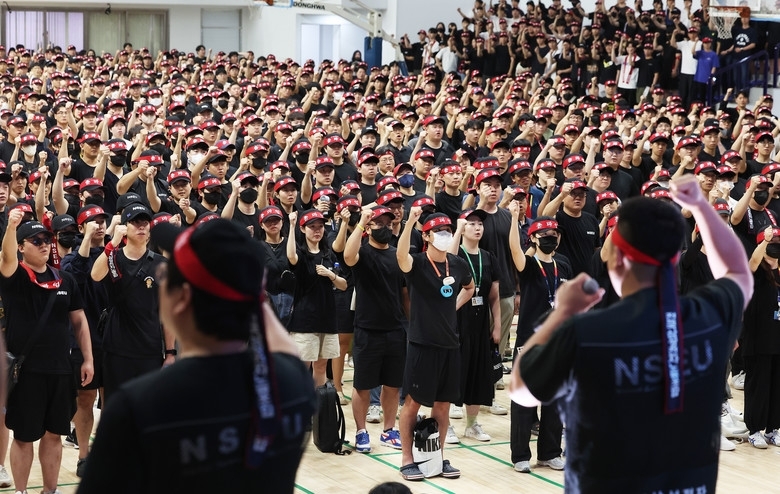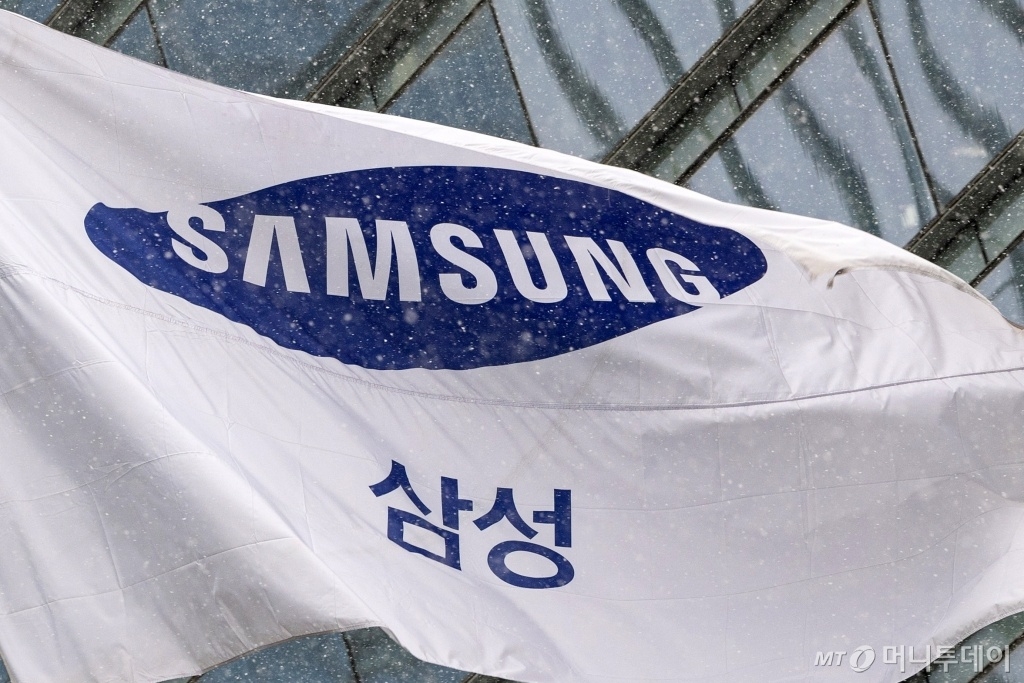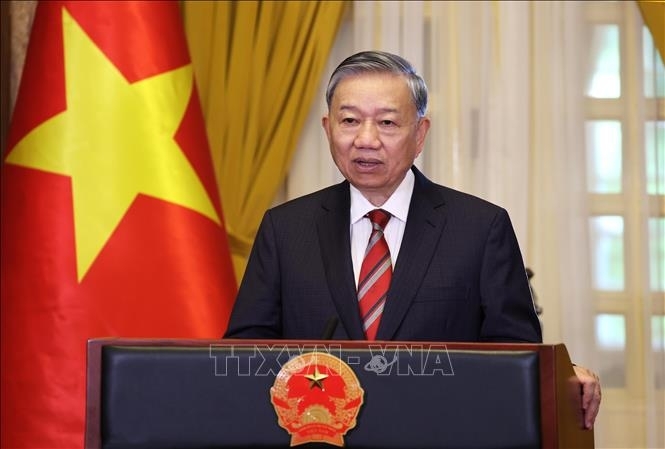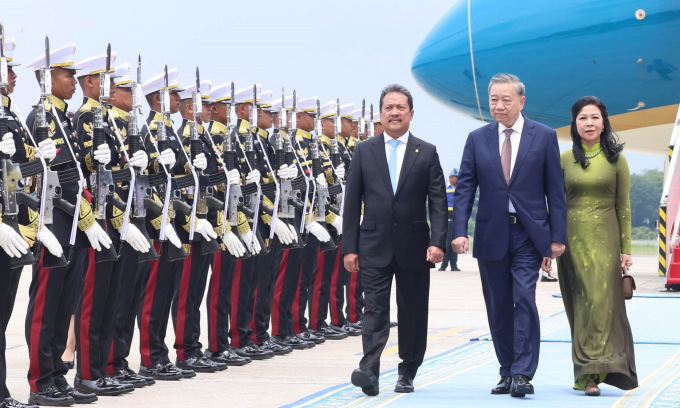Samsung's 5.1% Wage Increase Agreement Boosts Employee Morale
Samsung Electronics' recent 5.1% wage increase agreement enhances employee morale and sets a standard for labor relations in the corporate sector.

Key Points
- Samsung Electronics
and its labor union have reached a preliminary agreement for a 5.1% wage increase for 2025, enhancing employee compensation.
- The agreement includes additional benefits such as welfare points for purchases and a re-employment policy for employees with multiple children.
- This collaboration highlights a shift towards a more cooperative labor environment, setting a positive example for future corporate negotiations.
In a significant development within the corporate labor landscape, Samsung Electronics and the National Samsung Electronics Labor Union have come to a preliminary agreement to implement an average wage increase of 5.1% for 2025. This decision comes after 48 days of negotiations that began on January 7th, marking a triumphant closure of the wage discussions that encompass agreements from 2023 and 2024 as well. Such agreements not only bolster employee morale but also reflect positively on the company's competitiveness in the market.
This wage increase comprises a basic increase of 3.0% and an additional performance-related increase of 2.1%, demonstrating Samsung's commitment to rewarding its workforce for their contributions. Furthermore, as part of this agreement, the company will also provide all employees with 2 million points redeemable in the Family Net Mall, along with 30 shares of Samsung stock.

Benefits Beyond Wage Increase
In addition to the wage increments, the recent agreement includes significant perks aimed at retaining valuable talent within the organization. Samsung has committed to improving its bonuses system through the establishment of a joint task force between the management and the union. This initiative serves not only as an incentive but also as a means to ensure that employees feel their efforts are recognized and rewarded accordingly.
Moreover, for employees with three or more children, the agreement introduces a policy for re-employment after retirement, which further enhances the company's attractiveness as an employer. Such measures underscore a holistic approach to employee welfare, aligning workplace benefits with the personal needs of its staff.

Historical Context and Future Implications
It is essential to acknowledge the historical context surrounding this agreement. Last year, Samsung faced its first-ever strike since its inception, fueled by disagreements on wage increases and bonus distributions. That turbulence seems to have catalyzed a more collaborative approach in these recent negotiations. By reaching this agreement, both parties aim to foster a culture of cooperation rather than conflict, supporting a more stable working environment.
The impact of this contract stretches beyond mere numbers on paychecks. It sets a precedent for future negotiations and could influence wage discussions across various sectors within South Korea. As companies grapple with labor shortages and the need to attract skilled workers, Samsung's proactive approach may force competitors to enhance their offerings as well.
A Commitment to Competitiveness
Samsung Electronics has asserted its intention to utilize this wage agreement as a stepping stone towards enhancing business competitiveness. By promoting a harmonious relationship between management and labor, the company hopes to bolster productivity while ensuring that employees remain motivated and engaged. Such a balanced approach can lead to sustained growth for the organization, ultimately benefiting shareholders, employees, and consumers alike.
The union, on its part, has expressed its dedication to maintaining its role as the representative body for negotiations. The upcoming member voting takes place by the 5th of the next month, where employees will have a say in endorsing this agreement. Their participation is crucial as it exemplifies democratic involvement in workplace decisions.
In essence, the recent agreement between Samsung Electronics and its labor union highlights the importance of adaptability in labor negotiations. As companies face evolving workforce expectations, Samsung's actions resonate as a case study in effective labor relations. These developments not only improve the working conditions for current employees but also signal to prospective workers that Samsung prioritizes their well-being and recognizes their contributions.
As we look ahead, this agreement marks a moment of progress in the corporate world, emphasizing collaboration and respect between management and employees. The balance achieved may pave the path for similar proactive efforts across diverse sectors, nurturing a healthier corporate culture that values people and performance.


